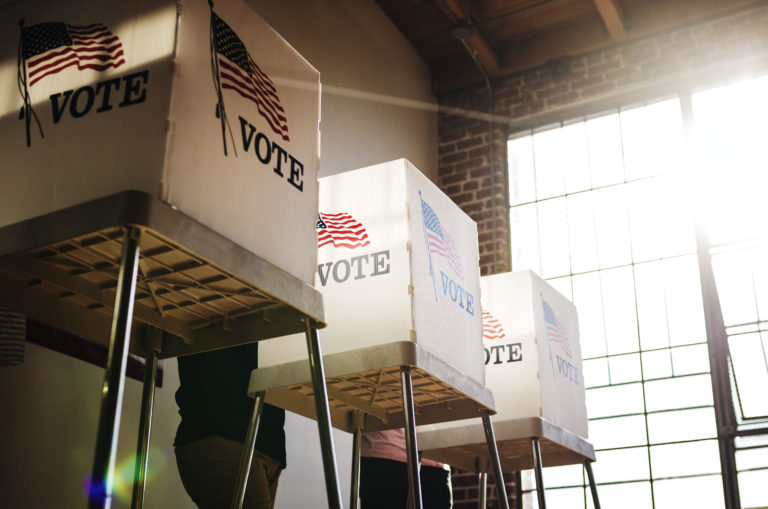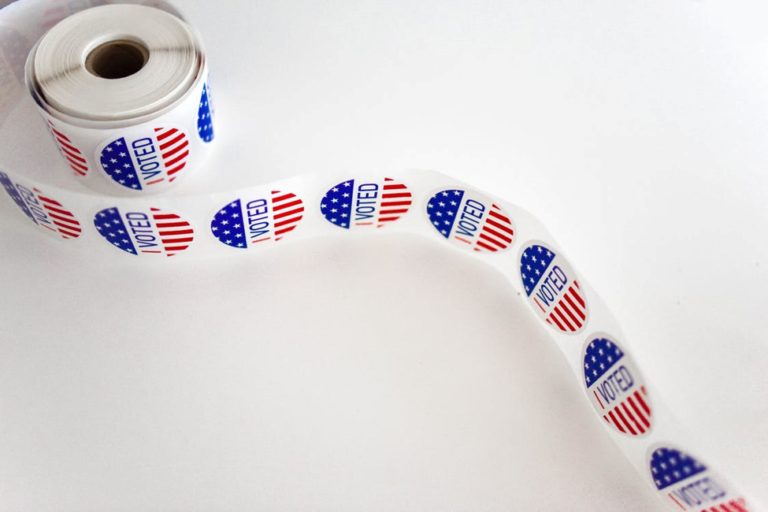For a long time there was a prevailing notion in American politics that black candidates…
Where are the 2022 US Senate Women Candidates?

The ascension of Senator Kamala Harris to Vice President of the United States was an overdue historical moment for women in American politics. Her new role created a vacancy for a United States Senator from California. California Governor Gavin Newsom opted to fill the seat with a man: Alex Padilla. This selection left the US Senate with one less woman, and zero Black women. We have an opportunity to change that with Senate races in 2022.
Due in part to retirements and a changing electoral map, a few Senate races will have all eyes on them in 2022: Pennsylvania, Wisconsin, North Carolina, Ohio, Missouri, and Alabama. Of the major candidates who’ve officially announced a bid for those seats, most are white men. In North Carolina there is at least one black woman, former State Senator Erica Smith, running for the US Senate. In Alabama, another Black woman, Congresswoman Terri Sewell, has expressed interest in running. There are more women whose names have been floated, but no other women, and specifically no Black or other women of color, have committed to running for the US Senate or are being aggressively drafted by political party entities at the moment. On both sides of the aisle, the Republican and Democratic Senate Committees play an active role in recruiting candidates for office and sometimes taking a stance in primaries as to who is the preferred candidate by providing said candidate with the dollars and infrastructure needed to win. While they have recruited and supported some women candidates in the past, it’s not been the default, especially in the US Senate which is still a very largely white male body.
If we are to change the face of politics, candidate recruiting entities, donors, and voters in general need to believe women candidates, especially Black and other women of color candidates, can win statewide races. The numbers show it’s possible.
In research conducted by the Barbara Lee Foundation on women candidates’ electability, all hypothetical women candidate profiles run against a straight white man of the opposite party either tie or win. Voters usually want candidates with strong ties to their communities which women candidates easily demonstrate. Women benefit from a perception that they are more likely to be “bridge builders” who “get results.” However, this battles against a perception that women, especially Black and other women of color, can’t win everywhere because of perceived negative notions of electability. Recent wins of Congresswomen Lauren Underwood, Lucy McBath, and Ayanna Pressley in Districts that were not majority Black (Underwood’s District is less than 4%) show it’s simply not true.
However, does that mean that women candidates won’t be subject to the double standards of racism and/or sexism in their candidacies? No. They will be. And it’s important for campaigns and supporters to call that out, as more do nowadays. We also can’t allow rightful fears or negative perceptions of what women will face running for office affect who we support either. We saw this in the 2020 Democratic Presidential primary where negative perceptions of the strength of women candidates such as Kamala Harris affected donations and support for their candidacies.
If we are to elect another Black woman, or any other women, to the US Senate, it will only happen if it’s not just women’s political organizations doing the heavy lift of recruiting and fundraising for these candidates. Others like the gatekeeping political party entities, community leaders, and everyday people must demonstrate support by encouraging women to run, drafting them, and then supporting these women with their votes and donations.






